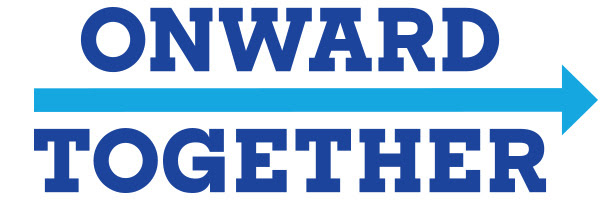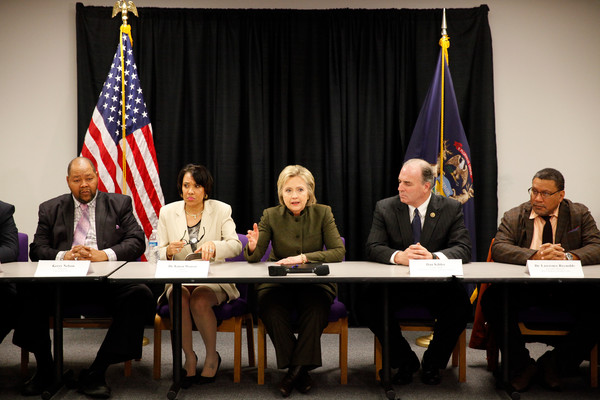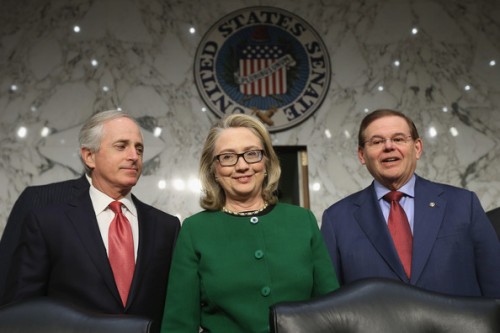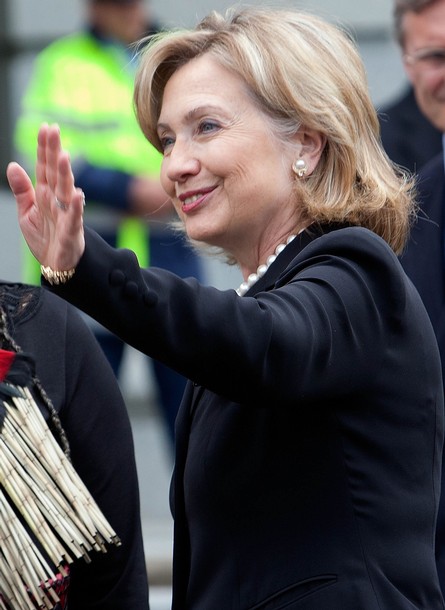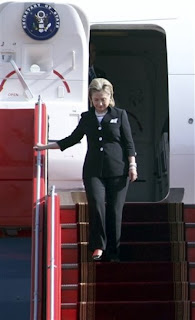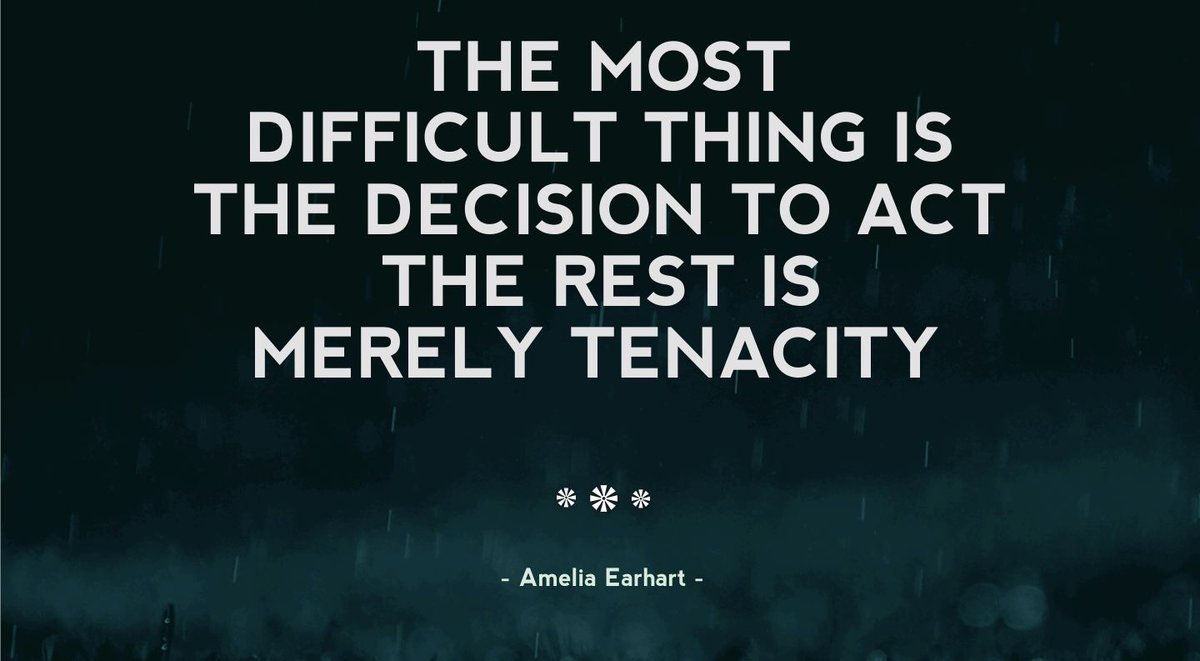Vodpod videos no longer available.
Remarks in Honor of World Water Day
Remarks
Hillary Rodham Clinton
Secretary of StateGeorge C. Marshall AuditoriumWashington, DCMarch 22, 2012
Thank you so much, and welcome, everyone, to the State Department for this World Water Day event. I am delighted to have this opportunity with so many partners and colleagues who care deeply about this essential issue to mark this day, and to talk further about what we can do together.I want to thank the congressman for his very kind remarks, but much more than that, his longstanding commitment to this and so many other important issues. I really admire the way that he does take on issues and stay with them. Sometimes it’s hard to do that in the Congress because you’re being buffeted from so many different directions. But it’s only through persistence and perseverance that you can get things done. And the Paul Simon Water For The Poor Act is a great accomplishment.
And I also want to thank Under Secretary Maria Otero for her tremendous leadership. When we decided we wanted to focus on water because it cut across so many of the concerns that we had in dealing with the crisis of the moment, we needed a really great commitment from a proven leader, and she has done just that committed leadership on this issue. And of course, Assistant Secretary Kerri-Ann Jones, who I literally recruited while she was in the water, and has been just a tremendous champion of the issues within the Bureau of Oceans, Environment, and Science, along with her great team, USAID, which was part of the partnership from the very beginning, and deeply committed as well.
We are all here because we know ensuring that everyone has the clean water they need to live and thrive has to be a high priority for all of us. When I spoke on World Water Day two years ago, I talked about how water is clearly integral to many of our foreign policy goals. When nearly 2 million people die each year from preventable waterborne disease, clean water is critical if we’re going to be talking about achieving our global health goals. Something as simple as better access to water and sanitation can improve the quality of life and reduce the disease burden for billions of people. When women and girls don’t have to spend 200 million hours a day, as Earl just said, seeking water, maybe they can go to school, maybe they can have more opportunities to help bring income in to the family. Reliable access to water is essential for feeding the hungry, running the industries that promote jobs, generating the energy that fuels national growth, and certainly, it is central when we think about how climate change will affect future generations.
Now, we are pursuing this not only because we care about it around the world; we care about it here at home. We’ve had increasing problems meeting our own needs in the Desert Southwest or managing floods in the East. No country anywhere, no matter how developed, is immune to the challenges that we face. So we’ve been working steadily across multiple fronts to make progress on our comprehensive complex water agenda, and I’d like to update you today.
Since I signed our government-wide agreement with the World Bank last year, we have identified 30 activities where various U.S. agencies can work more closely with the World Bank and with each other to improve our individual efforts on water security. USAID and NASA are working together using earth science and satellite technology to analyze water security and other water-related challenges in the Middle East, North Africa, and South Asia. We’re working with the international community on the Sanitation and Water for All Partnership, which is designed to help countries where access to water remains a critical barrier to growth, to build political commitment and capacity to begin solving their own problems.
And USAID recently launched the WASH – W-A-S-H – the WASH for Life partnership with the Gates Foundation. It’s a very fitting acronym – Water, Sanitation and Hygiene, or WASH. This project will identify, test, and scale up evidence-based approaches for delivering these services to people in some of the poorest regions of the world.
So let’s look at one example about how all of this comes together. In Haiti, you know the terrible problems that occurred because of the cholera epidemic, which was imported from the outside. Well, USAID’s programs are helping to prevent the further spread of waterborne diseases such as cholera. We are supporting a range of programs to improve health, from increasing access to safe drinking water, to promoting regular hand-washing and other practices. We are also helping farmers use water more efficiently, protecting Haiti’s watersheds, a critical source of water, and rehabilitating irrigation systems that provide water to as much as 15,000 hectares of crops so that Haiti can once again become a regional agricultural exporter. We have planted thousands of trees to reinforce riverbanks and to help prevent flooding, which has saved lives and protected property throughout Haiti’s productive plains.
Now, this kind of work and that of so many other examples I could give you is paying off. Last week, the UN announced that we met the Millennium Development Goal to cut in half the proportion of people living without access to safe drinking water, and we reached it almost four years ahead of schedule. There aren’t many of the MDG’s that we’ve actually achieved, so the fact that we’ve achieved this one is, I think, not only good in and of itself, but should serve as a spur on others as well. We know it not only translates into better lives, but it proves the international community, when focused and working together, can actually achieve goals that are set.
But with the news of this accomplishment, we’re reminded about how much more we have yet to do. At this rate, nearly 700 million people will lack access to safe drinking water in 2015. And many countries still are not making enough progress reaching their most vulnerable populations, and those conditions will only deteriorate as populations grow and crowd into already overcrowded cities without adequate infrastructure.
Last year, I called on the intelligence community to conduct a global assessment of the impact water could have and was having on our national security. Today, the National Intelligence Council released the unclassified version of its report on Global Water Security. You can go online, read it for yourself, see how imperative clean water and access to water is to future peace, security, and prosperity, globally. I think it’s fair to say the intelligence community’s findings are sobering.
As the world’s population continues to grow, demand for water will go up, but our freshwater supplies will not keep pace. In some places, the water tables are already more depleted than we had thought. In northern India, for example, over-extraction of groundwater could impact food security and access to water for millions of people. Some countries will face severe shortages within decades or even sooner. And some hydrologists predict that many wells in Yemen will run dry in as little as 10 years.
The assessment also highlights the potential threat that water resources could be targeted by terrorists or manipulated as a political tool. These difficulties will all increase the risk of instability within and between states. Within states, they could cause some states to fail outright. And between and among states, you could see regional conflicts among states that share water basins be exacerbated and even lead to violence. So these threats are real and they do raise serious security concerns.
This assessment is a landmark document that puts water security in its rightful place as part of national security, and I’d like to thank everyone involved in helping to produce it. It is also a call for American leadership in this area. Our domestic experiences with water and our technical expertise are valued around the world. And as countries become more water stressed or nations face water-related crises, they are increasingly turning to the United States for assistance. We hear this all the time at embassies everywhere. Local leaders meet with our ambassadors and ask, “What did you do in the United States? How did you do it? Can you help us?”
Well, today, we are launching a new public-private partnership to help answer that call for leadership and to expand the impact of America’s work on water. The U.S. Water Partnership exemplifies the unity of effort and expertise we will need to address these challenges over the coming years, and it advances our work in three critical ways.
First, it brings together a diverse range of partners from the private sector, the philanthropic community, the NGOs, academics, experts, and government. This approach will help catalyze new opportunities for cooperation. For example, if Coca-Cola has the best data on available water supplies, and the Army Corps of Engineers has the capacity to advise on how to build water delivery systems, and the Nature Conservancy knows how to minimize the disruption to the environment, then we want everybody sharing information and delivering clean water in a sustainable way to communities in need.
Breaking down silos, barriers, obstacles has been one of my goals as Secretary of State, within our own government, with multilateral institutions, and between and among governments. Bringing people with varied water experience and expertise together will also force us to look for system-wide solutions. Now, you can’t work on water as a health concern independently from water as an agricultural concern, and water that is needed for agriculture may also be water that is needed for energy production. So we need to be looking for interventions that work on multiple levels simultaneously and help us focus on systemic responses.
Now, of course, while water is a global problem, solutions happen at the local level. So the second goal of the U.S. Water Partnership is to make all this American knowledge and expertise accessible. The U.S. Water Web Portal will provide a single entry point to our data, best practices, and training to help empower people taking on these problems in their own communities. And it will help build international support for American approaches, technologies, companies, government agencies, our whole universe of experts standing ready to assist.
Finally, because this is a public-private venture, the U.S. Water Partnership will not depend on any one government agency or any one private organization to keep it going. The State Department is proud to be a founding partner, but we also hope that the partnership will spawn many new projects that may or may not involve us. The Water Partnership has built-in flexibility to address the world’s changing water needs and to continue our work to find sustainable solutions.
In brief, we believe this will help map out our route to a more water secure world: a world where no one dies from water-related diseases; where water does not impede social or economic development; and where no war is ever fought over water.
I have said before that no resource defines this planet more than water. I mean, look at those great pictures from the Hubble telescope, or even just look at a globe, and you see all that blue. And we know how absolutely essential it is to life. We’re still wondering whether did Mars ever have water? What do those craters on other planets actually mean? And it is though not only life-sustaining, it is – and we have argued this from the beginning of our involvement and commitment – an essential ingredient of global peace, stability, and security.
We have been working the diplomatic level with a number of countries to bring into higher relief some of the water challenges they are, or will be, facing. Back in 2009, we began something called the Lower Mekong Initiative, where we brought together countries that are in the Lower Mekong region, and began to meet with them and talk with them and provide expertise to them, and create linkage with the Mississippi River Basin in order to raise understanding and visibility about these issues. And it’s been fascinating to watch over the three years that we’ve met – we’ll have a fourth meeting at the ASEAN Regional Forum in Cambodia in July – how the level of interest has grown and the willingness to tackle some of the hard problems and also the political will to raise some tough questions with others – other nations through which the Mekong travels.
This is not something that will immediately, directly affect the United States. We are a long way away after all. But it will affect the climate; it will affect the quality of life; it will affect the tensions among and between nations, which could very well then have follow-on effects that we would have to respond to. So there’s a lot that is connected that may not appear so at first glance, but which a little tiny bit of digging and reflection illustrates how important this issue is for each and every one of us.
So we think it actually is our duty and responsibility to make sure that this water issue stays at the very top of America’s foreign policy and national security agenda. We’ve proven we can make progress, but we know we have a lot more work to do. So I hope on this World Water Day we rededicate ourselves to that hard work and to being innovative and creative, using the new tools that we’re announcing today to bring people together in our own country, across our own government, and all the constituencies that care about water, working closely with leaders like the congressmen in the Congress, to continue to be on the cutting edge of helping to solve the problems that are posed to so many millions of people everywhere in the world, including here at home.
It’s exciting that it’s not only about water. It is about security, peace, and prosperity as well. Thank you all very much. (Applause.)




